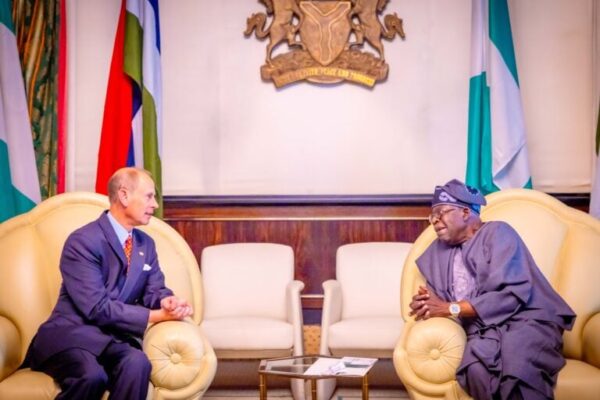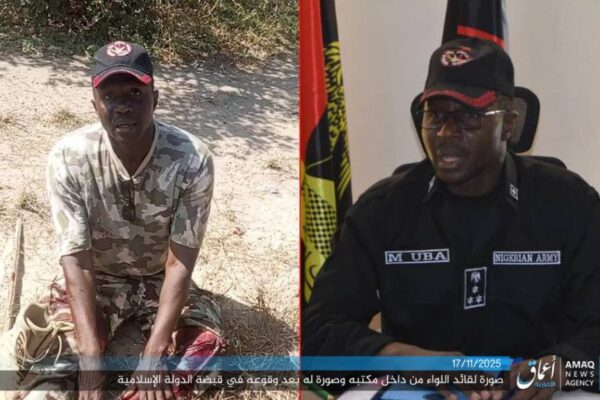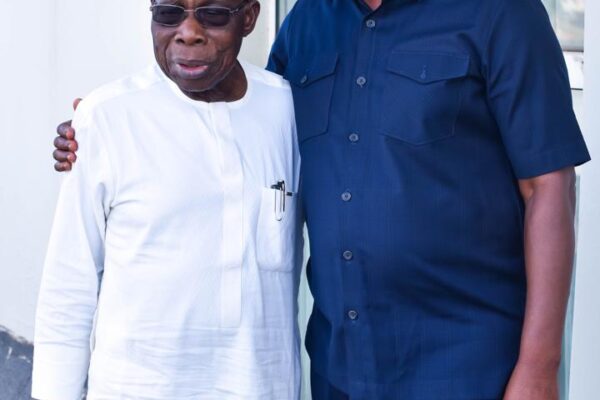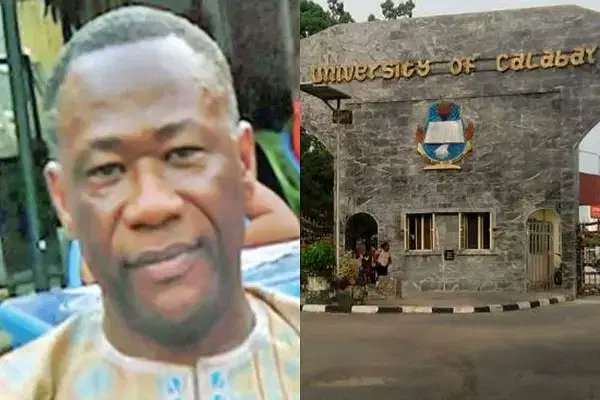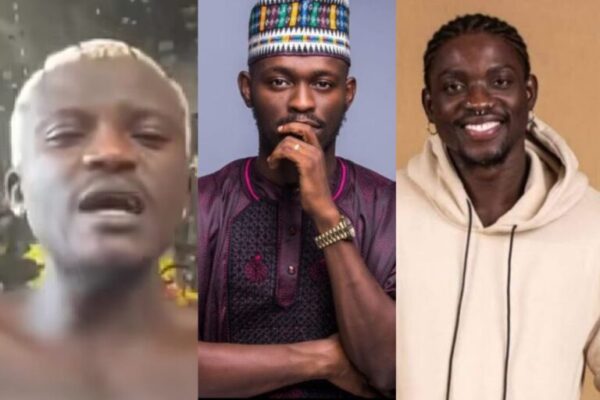
Portable Taunts Very Dark Man Saying “Your Body Just Big For Nothing” After Fight With Mr Jollof
Controversial singer Portable has thrown shade at Very Dark Man (VDM) following his recent brawl with comedian Mr Jollof. According to Kemi Filani, the confrontation happened aboard a United Nigeria Airlines flight reportedly travelling from Asaba, Delta State, to Lagos. A video of the incident went viral, showing the two men exchanging blows mid-air. VDM later confirmed the fight on his Facebook page, claiming he had “dealt with” Mr Jollof. In a follow-up clip, he lifted his shirt to show bite marks on his chest while taking shots at Jollof. Portable has now weighed in, posting a video on Instagram where he mocked VDM for getting involved in a physical fight on a plane and called for his arrest. Ridiculing VDM, Portable claimed his body was “big for nothing” and accused him of not even knowing how to throw a punch. He also taunted him for allegedly allowing Mr Jollof to “turn his body into chicken.” “I hear say Mr Jollof turn Very Dark Man body to chicken dey chop am. See someone them wan give N100 million to fight me. Your body is just big for nothing, you no even sabi throw blow,” Portable said, continuing the online war of words. “I hear say Mr Jollof turn Verydarkman body to chicken dey chop am, see someone they want to give 100 million to f!ght me, your body is just big for nothing, you even sabi throw blow.” — Portable shades VDM😭💔 pic.twitter.com/jelD3mYeK9 — Oyindamola🙄 (@dammiedammie35) November 17, 2025


